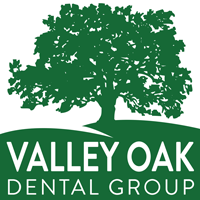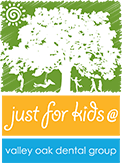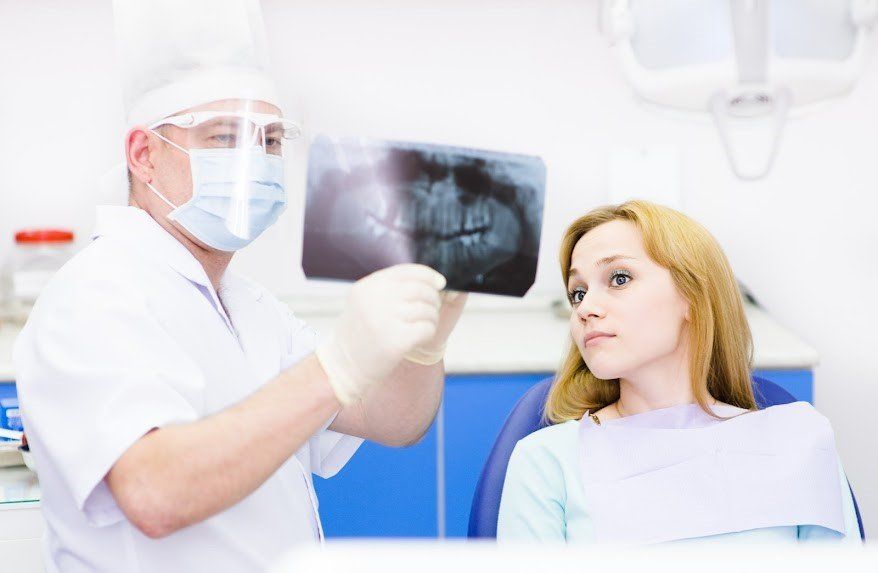Valley Oak Dental Group
If you spend long periods of time away from home, you need to care for your teeth even when your normal toothbrush, dental floss, and mouthwash aren’t on hand. Bacteria and plaque accumulate throughout the day regardless of where you are. Here are some tips to help you care for your teeth and keep them healthy when you aren’t home.
Avoid Sugar-Laden Foods
The most effective way to fight tooth decay is to prevent the bad bacteria that cause cavities in the first place, and you can greatly reduce the bacteria in your mouth by watching what you eat. Bacteria need certain food to grow on, and they won’t have any if you don’t eat the type of food that they like.
Specifically, the harmful bacteria that cause cavities thrive on sugar. Both Streptococcus mutans and Streptococcus sobrinus, which are two bad strains of bacteria, process sugar that’s found in the mouth. If there’s no sugar in your mouth, then they won’t cause as much damage because there’ll be less material for them to consume.
Thus, you can prevent a lot of dental decay by simply not eating sugary foods. Avoid pastries, breads, and desserts that are laden with sugar when possible, and instead, have these at home where you can brush your teeth soon after eating.
Finish Meals With a Slice of Cheese
Cheese is beneficial to teeth for several reasons. The most obvious reason may be that cheese has calcium, which is necessary to maintain strong teeth. This isn’t the only reason to eat cheese, though, and it’s not why you should end your out-of-house meals with cheese. Cheese also helps maintain a healthy pH in the mouth.
Acidic pH measurements, especially those below a pH of 5.5, increase the risk of tooth erosion because the enamel can wear away. Researchers have demonstrated that cheese effectively helps maintain higher pH levels in the mouth, and the effect was measurable even 30 minutes after study participants consumed some cheese.
While cheese can help strengthen teeth and balance pH anytime you eat it, you’ll get the most benefit if you have a slice or two at the end of your away-from-home meals. Those pH-balancing effects will last for some time and minimize how much damage occurs before you get home and are able to brush.
Drink Lots of Water
Water helps maintain a healthy mouth in two distinct ways.
First, water acts as a natural mouth cleanser when you drink it. The liquid doesn’t wash your mouth out like a mouthwash would, but it does flush excess food particles out of your mouth and down your throat. This reduces how much food those two strains of bad bacteria have to feed on.
Notably, the sugary foods that Streptococcus mutans and Streptococcus sobrinus feed on are easily dissolved in water and washed away. While this isn’t an excuse to have as many sugar-laden foods as you want, you can mitigate the negative effects of a baked item somewhat by having a glass of water if you do eat something with sugar.
Second, water also helps manage pH in the mouth by diluting any acidic food or beverage you have. While water might not have the same low-pH-combatting properties as cheese, it will reduce the proportion of acids in your mouth and help slow tooth decay as a result.
Since water is used to flush both food particles and acids from the mouth, you should drink it regularly. Have water with each meal to ensure food doesn’t remain in your mouth, and continue to drink a glass periodically between meals if you have a snack or acidic drink like coffee.
Chew Gum After Meals
As an alternative or supplement to cheese and water, you can also chew gum after meals to help reduce acids and remove food from your mouth. Of course, the gum must be sugar-free in order to be effective — sugar-sweetened gum would only increase the presence of sugar and bad bacteria in your mouth.
Clinical studies have shown that chewing gum for 20 minutes after a meal is an effective way to fight tooth decay. The gum won’t wash down food like water does, but it will increase your salivary output and the extra saliva that your mouth produces will act as a rinse that removes food. Additionally, gum also helps mitigate acids that are in the mouth.
After a meal is also the most natural time to chew gum, for this is usually when people want to remove leftover tastes from their mouth and freshen their breath. If you normally have an after-meal mint as a breath freshener, switch to a stick of gum, and you’ll also do your teeth a favor.
To maintain healthy teeth, all of this should be accompanied by regular dental visits. For a dental cleaning, contact Valley Oak Dental Group.
Share Post
Search Post
Recent Posts








